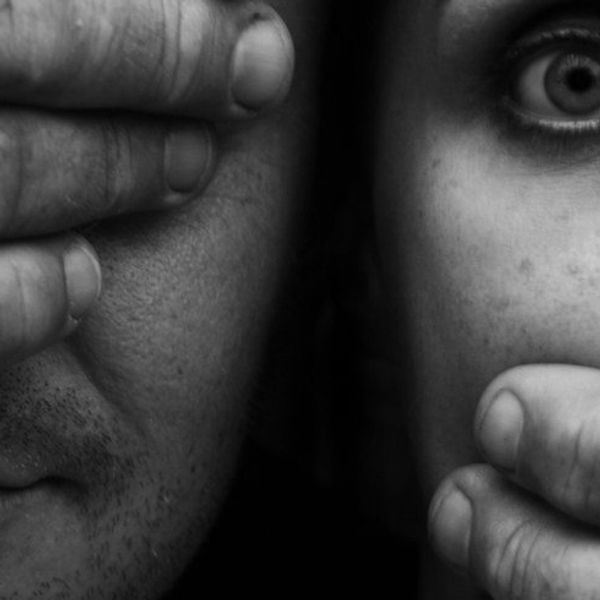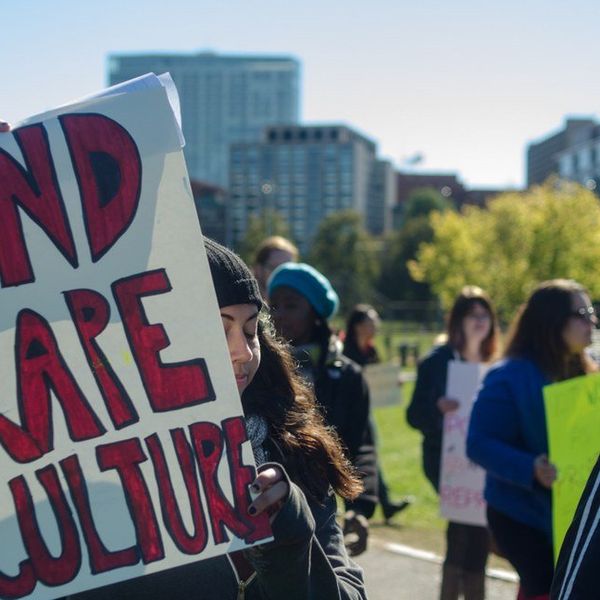The recent article published by Rolling Stone has certainly caused controversy and anger among the UVA community. This article, however, has at least succeeded in creating discourse on the topic of rape at universities.
As students, I know we have received too many emails to count in the past few days regarding the allegations against Phi Kappa Psi and the University's stance on sexual assault. If we can't agree on anything else, I think it's safe to say that we can agree on one thing: the story in this article was horrendous, gut-wrenching, and extremely appalling.
However, disregarding the Rolling Stone article, disregarding the vandalism of Phi Kappa Psi's house, and putting the University's reputation and claims of elitism aside, the main issue here is sexual assault. And we need to be addressing it now.
The administration has heard our demands and the University has attempted to address the issue of rape in light of recent events. On November 21, President Teresa Sullivan wrote in an email to students: "Beginning immediately, I am suspending all fraternal organizations and associated social activities until January 9th."
The University has also updated its sexual misconduct policy. Events such as the "Stand Up Against Rape Culture" gathering at the amphitheater on November 20, the "SlutWalk at UVA," and even a faculty protest called "Take Back the Party: End Rape" have proven that contrary to Erdley's thoughts about our student body, we are not complacent with an inactive administration concerned with maintaining UVA's image. We are not complacent with having a rape culture at our beloved school. We will not sit back without having our voices heard.
So now that the discussion about rape is happening, the big question is "how?" How did our grounds come to reflect the notion that a woman should not report to the police or to administration if she is raped? How did we become okay with letting sexual assault stories slip under the radar? And most importantly: how can we change?
The steps we have taken so far such as protests, round-table discussions, petitions, and holding events for students and faculty are all valuable, but more needs to be done. Furthermore, we need to recognize that rape is a cultural problem, and it cannot just be blamed on UVA's Greek life. Misogyny, the sexual objectification of women, and rape itself are not unique to Charlottesville — these are world-wide problems, and there is no magic solution.
Now that we have identified a significant problem with rape, our chief concern should be finding a way to ameliorate it in any way we can. The measures the school has taken so far are valuable, but it is still unknown whether or not they will be effective in creating a much-needed cultural change — and only time will tell.
In the meantime, there are things that we as students, faculty and community members can do. We can demand change by continuing to attend events and open discussions. We can serve as active bystanders. We can become more educated about the issues of sexual assault. We can be respectful by referring to individuals who have been raped as survivors, not victims. And most importantly, we can keep demanding change, because the norm right now is unacceptable.
No girl should have to be stripped of her dignity, no girl should be gang-raped, and no more girls should have to endure what Jackie went through. Period.





















